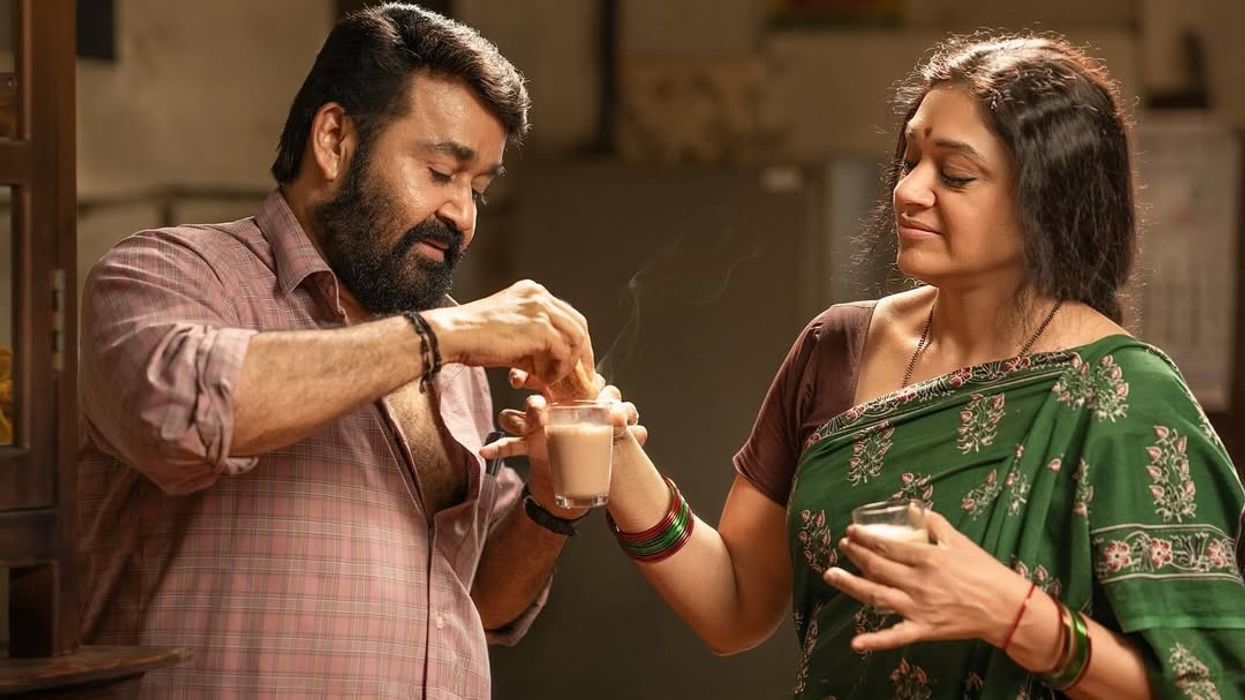Director Tharun Moorthy’s Thudarum has drawn attention not just for its gripping storyline, but for bringing back the Mohanlal audiences have longed to see: an actor rooted in emotion rather than spectacle. With critics praising both the writing and performances, Thudarum has emerged as a memorable addition to Mohanlal’s long filmography, with reviewers calling it a return to form.
Across the board, reviewers highlight how the film presents Mohanlal as Shanmugham (nicknamed Benz), a humble taxi driver and former stuntman who now lives a quiet life in a Kerala village with his wife, played by Shobana, and two children. His prized possession is his old black Ambassador car, a gift from a mentor which becomes central to the plot when it’s unknowingly used, setting off a chain of devastating events.
- YouTubeyoutu.be
What begins as a slice-of-life family drama slowly unravels into a thriller. Critics note the tonal shift is deliberate and effective. The first act is calm and intimate, allowing viewers to settle into the domestic world of Shanmugham, while the second half dives into more intense and emotionally charged territory. The transformation in both narrative and Mohanlal’s performance has been widely appreciated.
Reviewers also point out similarities to Drishyam, especially in the way an ordinary man is drawn into extraordinary circumstances to protect his family. But unlike the high-stakes, twist-heavy execution of that film, Thudarum leans more into the emotional consequences of its characters' actions.
The chemistry between Mohanlal and Shobana, though more mature and subdued than their past outings, is another strong point. Supporting actors Binu Pappu and Prakash Varma have been praised for their roles as corrupt policemen, bringing menace without going over the top.
The writing by Tharun Moorthy and KR Sunil has been described as tight and layered. There are clever callbacks to Mohanlal’s earlier films, both iconic and obscure, and touches of self-aware humour. The cinematography and background score also received nods, particularly for how they enhance the film’s moody and melancholic tone.
While some critics caution that the slow pace in the first half requires patience, the consensus is that Thudarum delivers a rewarding experience. As one reviewer noted, “Mohanlal in mundu, pathos in his eyes, and villains straight out of nightmares, Thudarum is the slow-burn thriller we didn’t know we needed.”





